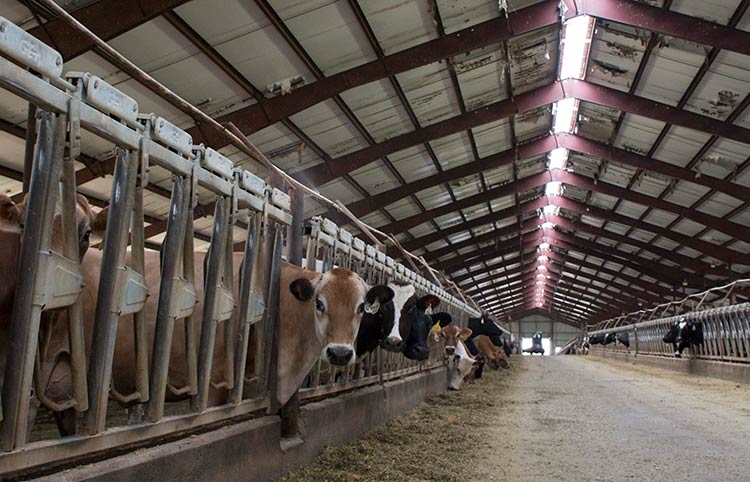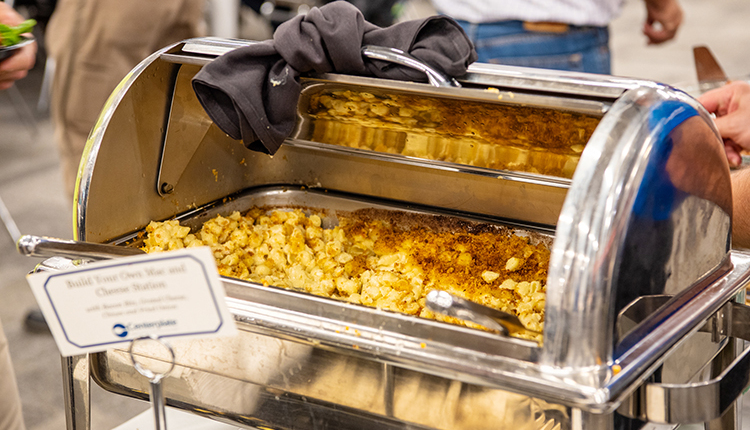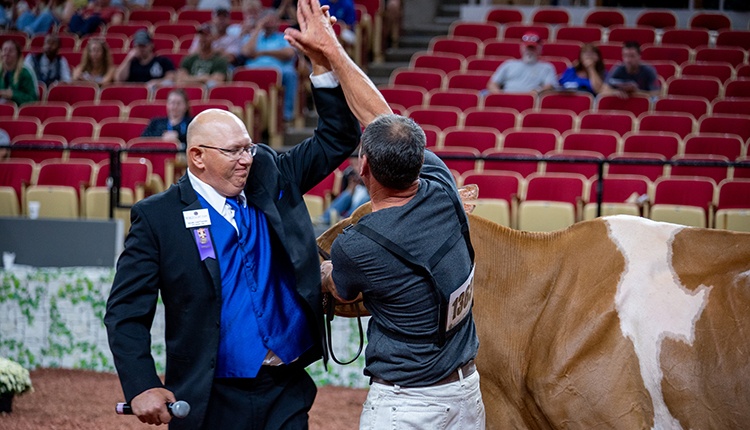
Allyson Jones-Brimmer, director of membership for the Animal Agriculture Alliance, shared some concerning information that affects farms of all sizes during her presentation at the DBA Dairy Strong Conference held in Madison, Wis.
The Animal Agriculture Alliance released a report detailing observations from the Animal Right National Conference, which was held last summer. This is an event hosted by the Farm Animal Rights Movement and sponsored by Compassion Over Killing, Mercy for Animals, PETA, The Humane League, and other groups. It was reported by the conference organizers that nearly 2,000 people attended.
One theme from the conference was the decision to stop using the term “factory farm,” which only became popular because of these animal activist groups in the first place. Why the change? Activists want to move away from this term because, according to them, farms of all sizes are bad.
Another theme from their conference was that animal welfare is not the end game; animal rights is the ultimate goal. This means they are not just concerned about how animals are treated. They are more focused on what animals are used for, and in their minds, animals should not be used for food.
The conference also included discussions about continued pressure on restaurants and retailers. They explained to attendees that breaking the law is worth it in the name of animal rights, and extreme protesting and disruptions were encouraged.
With these goals in mind, farming has suddenly gotten dicier. “It’s no longer enough to get milk on the truck and think your job is done,” Jones-Brimmer said.
She talked about ways to positively promote agriculture. Farm tours and social media posts are great and extremely helpful, but she said that positive promotion starts on the farm. Jones-Brimmer offered these pieces of advice to make sure farms of any size are functioning in a way that makes them less of a target for animal activists.
- Implement science-based animal care and environmental policies.
- Seek advice from experts.
- Strive for continuous improvement.
- Implement a rigorous hiring process.
- Train employees thoroughly and hold refresher courses.
- Conduct self-audits.
- Utilize third party audits.

The author is an associate editor and covers animal health, dairy housing and equipment, and nutrient management. She grew up on a dairy farm near Plymouth, Wis., and previously served as a University of Wisconsin agricultural extension agent. She received a master’s degree from North Carolina State University and a bachelor’s from University of Wisconsin-Madison.








